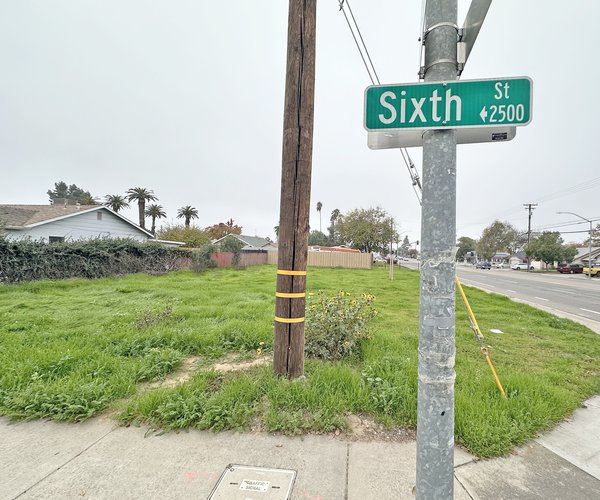The dire situation with inadequate pay and excessive overtime hours within the Ceres public safety dispatch center continue to worsen, former public safety dispatcher Ashley Shaw told the Ceres City Council last week.
Shaw has periodically appeared before the council since Oct. 9, urging the city to do something to boost pay to prevent more dispatchers from leaving and help recruit new ones to fill vacant positions. Despite leaving the city for better pay on Dec. 29 after four years of service, Shaw impressing on the council the need to raise dispatcher pay for her former co-workers who remain.
Shaw said the center now only has three remaining dispatchers, “three people responsible for work 24 hours a day, seven days a week, nights, weekends (and) holidays.”
Shaw said that as of November there was an unfilled secretary’s position with starting pay $2 an hour more than dispatchers make.
In 2021, starting pay for dispatchers was $19.37. It is now $21.39 an hour – a wage which has been unable to compete with what the county and other cities are offering.
“In three years,” said Shaw, “the annual pay has increased $3,700.”
She noted that salary increases alone for the city manager since 2021 top the hourly pay for dispatchers. Shaw said the city manager’s pay increased from $13,710 to $17,500 per month, a salary increase of $21.87 per hour based on 40 hours a week – more than what dispatchers make.
Because of position vacancies, dispatchers must work long shifts and often miss family dinners, children’s bedtimes, being able to watch their kids play sports, Shaw has noted at prior meetings.
Shaw took aim at Vice Mayor Bret Silveira for campaigning on the theme of strong support for public safety.
“As a deputy, isn’t your biggest resource your dispatcher? How can you insure a safe community when there’s no one to answer our citizens’ calls?”
She also reminded Mayor Javier Lopez of his statement on Oct. 9 that the council will “do everything in our power” but since that time the city has lost four dispatchers and “from my understanding a fifth one is very close.”
She closed by telling the council: “All of the power is in your hands. What happens when you only have two dispatchers left? What happens when Lt. (Trenton) Johnson is the only person left dispatching? How does that affect the department? How does it affect the city when he can’t do his actual job when because he’s doing a dispatcher’s job?”
She challenged the council’s Oct. 23 narrative that members couldn’t act on something not posted on the agenda, noting that California’s Brown Act does allow action to be taken for emergencies, such as work stoppages or impacts to public safety.
None of the councilmembers commented in response to Shaw.
During the Jan. 22 meeting union representative Joshua Lepper with the Laborers International Union (LIU) of North America who is chief negotiator for the city’s Miscellaneous Bargaining Unit expressed concerns relating to the collecting bargaining agreement “and our labor/management relationship.”
LIU oversees wage negotiations for those in police dispatching, planning, building, finance, streets, water, wastewater, code enforcement, fleet mechanics and parks and recreation employees.
“There can be no direct dealing with any departments, employees or group of employees within the unit as it relates to said wages, and hours and working conditions,” said Lepper. “Understanding that we have had a retention and recruitment difficulties here at the city over the last several years, I would truly be remiss if I did not highlight the glaring need for a class and compensation study. As I am sure you are aware, our contract, along with several other units, expires at the end of June and we will be opening negotiations in the coming months. Absent a compensation and class study we will not know – and the city cannot know – where we are at in the market. We cannot know if we are competitive or not.”
Lepper took digs at the council’s priorities with the spending of ARPA funds saying, “If we cannot keep our workforce intact, we are going to have a very hard serving our community.”
He reminded the council that the cost of living has increased and urged them to make adjustments to help employees make ends meet.





